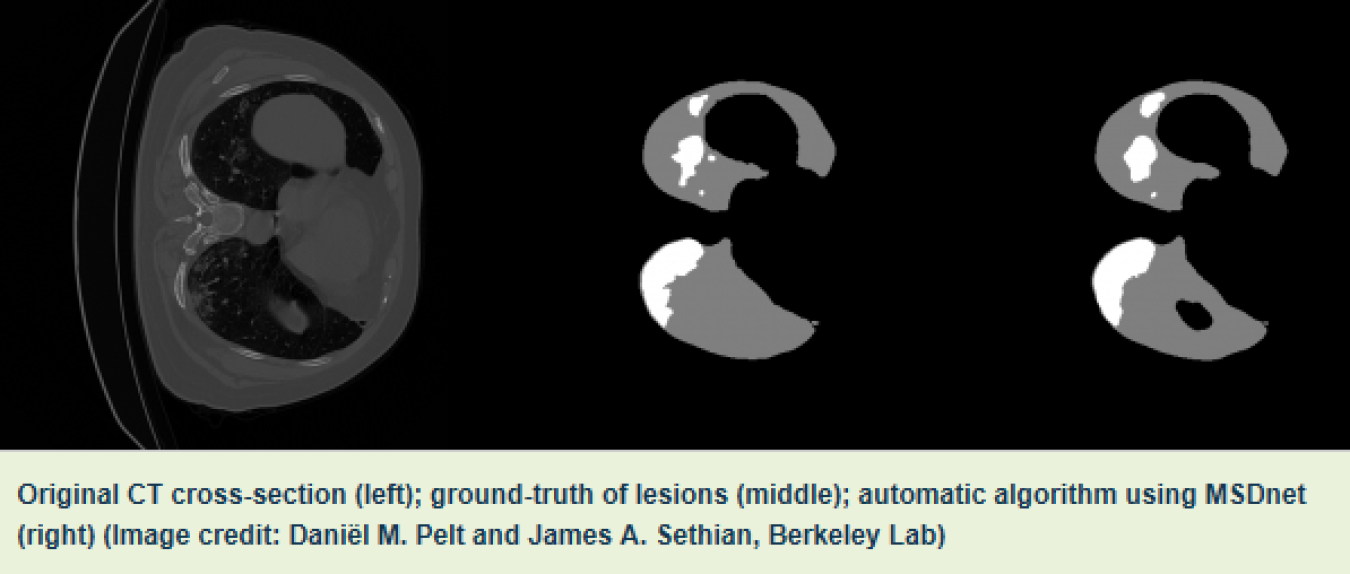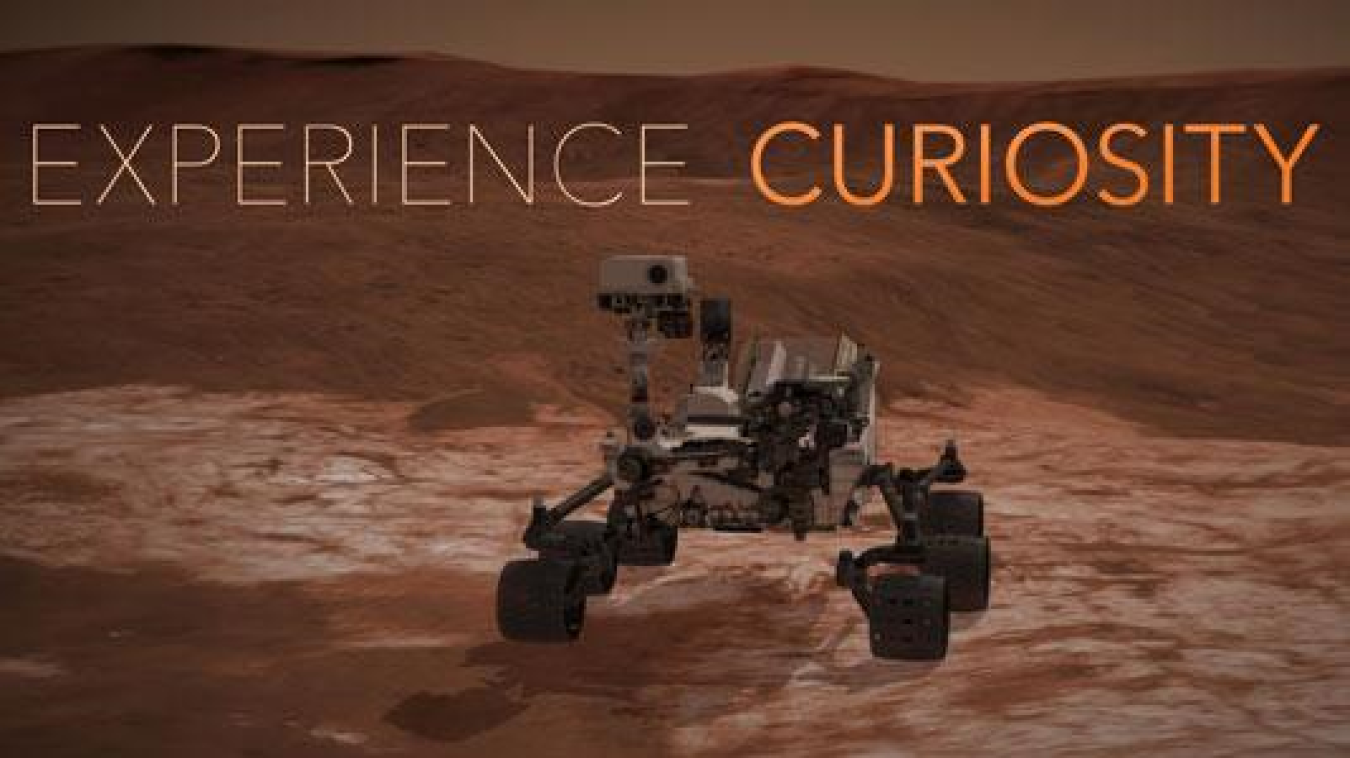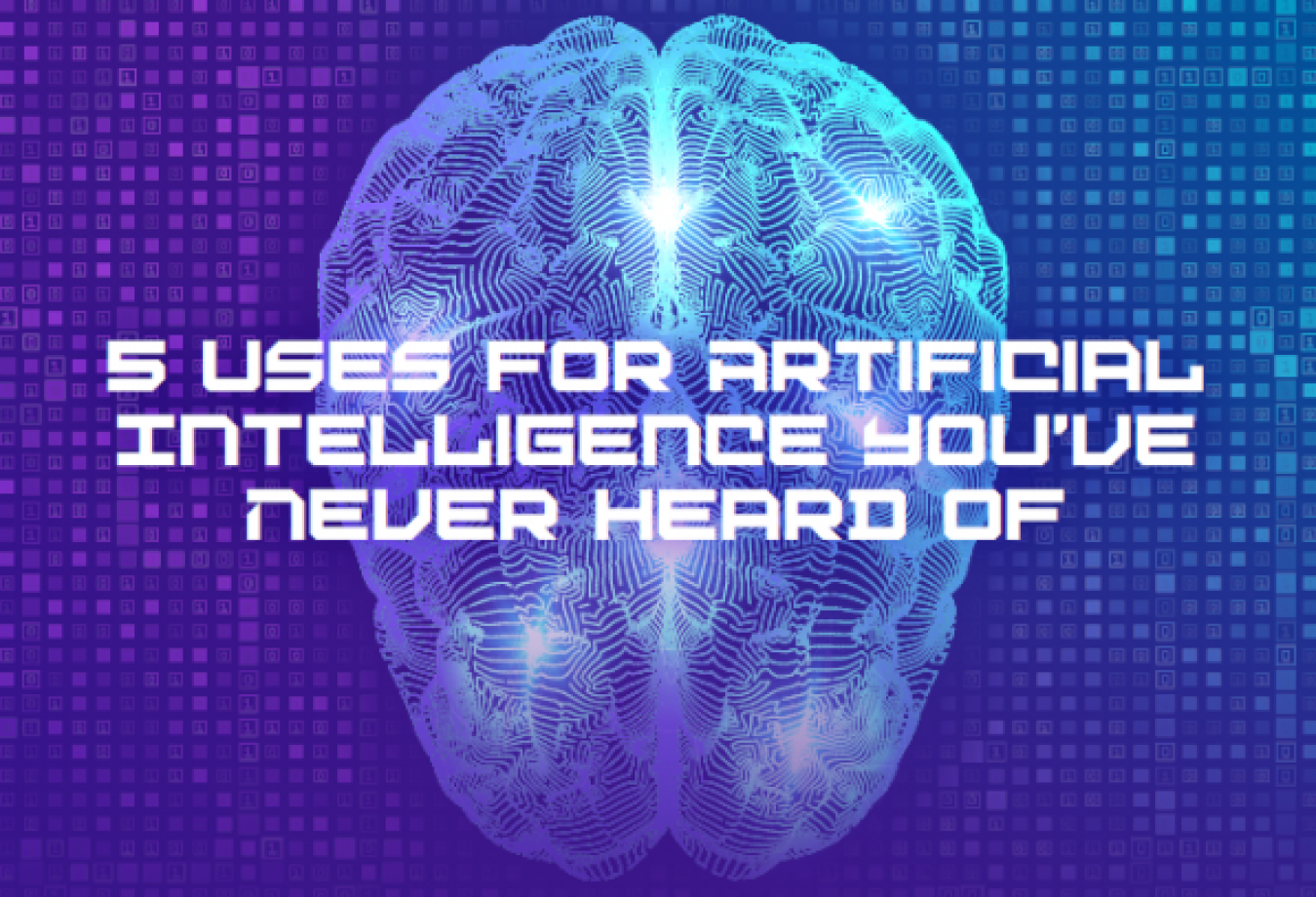We continue to leverage the power of our world-leading supercomputing and AI resources in the fight against COVID-19, while also driving AI solutions
Artificial Intelligence & Technology Office
July 13, 2020

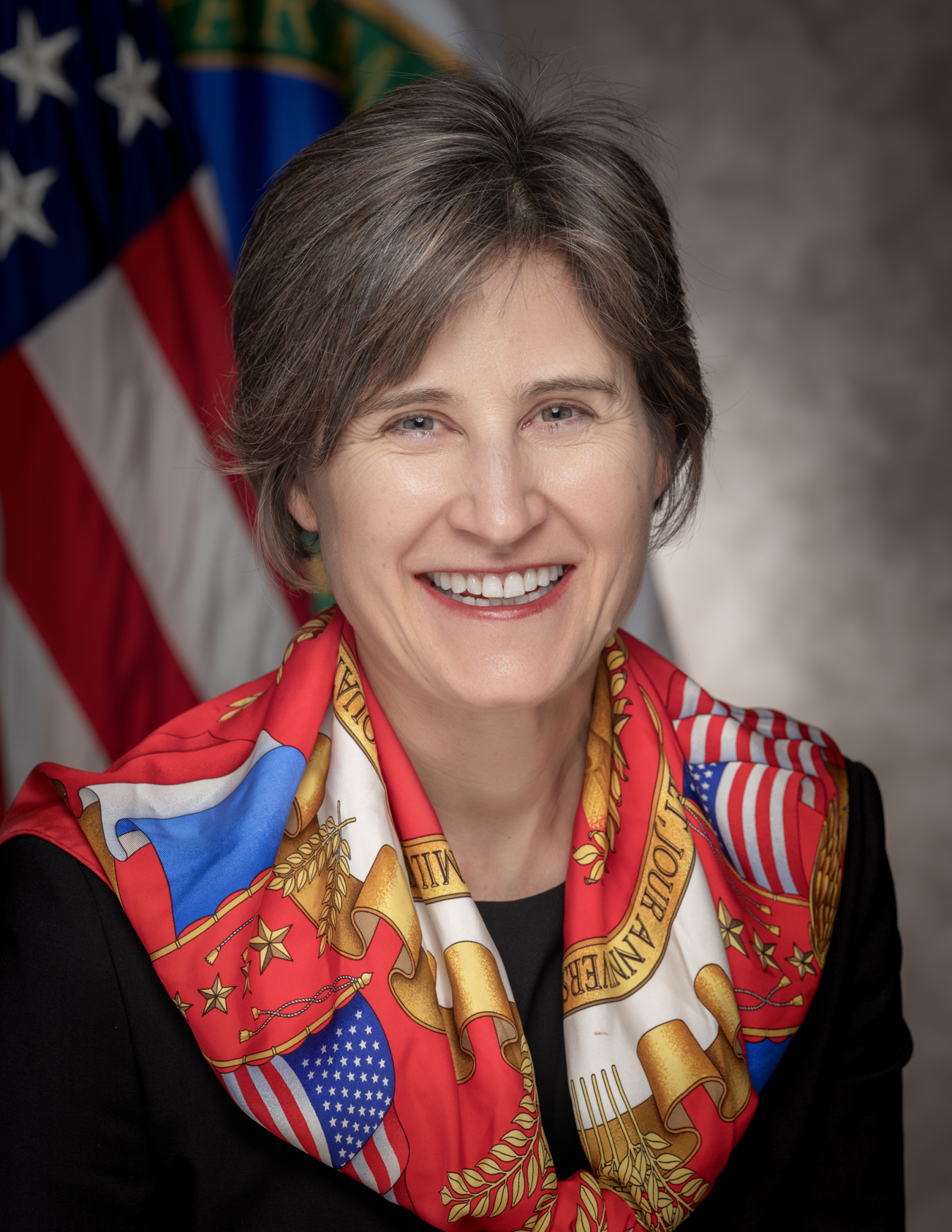
There is so much exciting AI work underway at DOE designed to change lives for the better.
We, at AITO, are dedicated to taking on the biggest challenges to ensure U.S. leadership in AI. To that end, we have recently launched an RFI, asking for your ideas on which AI technologies and applications will drive American AI Leadership in the future. The link to the RFI is located at the end of this newsletter and on my Twitter account.
As you’ll read in this latest edition of AI @ Energy, we continue to see great promise in leveraging the power of our world-leading supercomputing and AI resources in the fight against COVID-19, while also driving AI solutions in our core mission areas.
This is an important time to talk about one of AITO’s strategic goals – to develop and recruit a diverse and AI-ready DOE workforce. Our ability to enhance the AI capabilities of the men and women of today’s workforce, while inspiring tomorrow’s to pursue careers in AI, will be crucial to our ability to make the most of this technology.
That is why I was so pleased to be invited last month to deliver remarks to the “Women in AI” launch event hosted by the National Renewable Energy Lab (NREL). The virtual event, entitled “Pivoting to a Career in the AI Industry from a Conventional STEM Background,” was a great opportunity to highlight the promising opportunities that lie ahead in the AI field, and to share a bit of personal advice with hundreds of young women in attendance. The full event, which was moderated by NREL’s own Sakshi Mishra, who is profiled below, is available here.
Speaking of workforce development, AITO has begun the process of developing online training curricula and educational seminars designed to upskill nearly every level of our existing federal workforce. These modules will demystify AI to the layperson, encourage employees to think creatively about how AI solutions can help them do their jobs, and empower them to proactively address the ethical, legal, and societal issues posed by the application of AI technologies.
An AI-ready DOE workforce must include AI technical experts to design, develop and benchmark AI technologies. So, we have a parallel strategy to develop, recruit, and retain a broad range of AI talent and expertise through internships, scholarships, fellowships, exchange opportunities, and visiting professor programs within our national laboratories.
If you are interested in joining the AITO team and helping to shape the future of AI @ DOE, please send an email to AIjobs@hq.doe.gov and we will happy to direct you to recent and upcoming announcements for federal employment on the USAJOBS.gov website.
Thanks and Stay Well,
Cheryl Ingstad
Director
Artificial Intelligence & Technology Office

Our Top Story
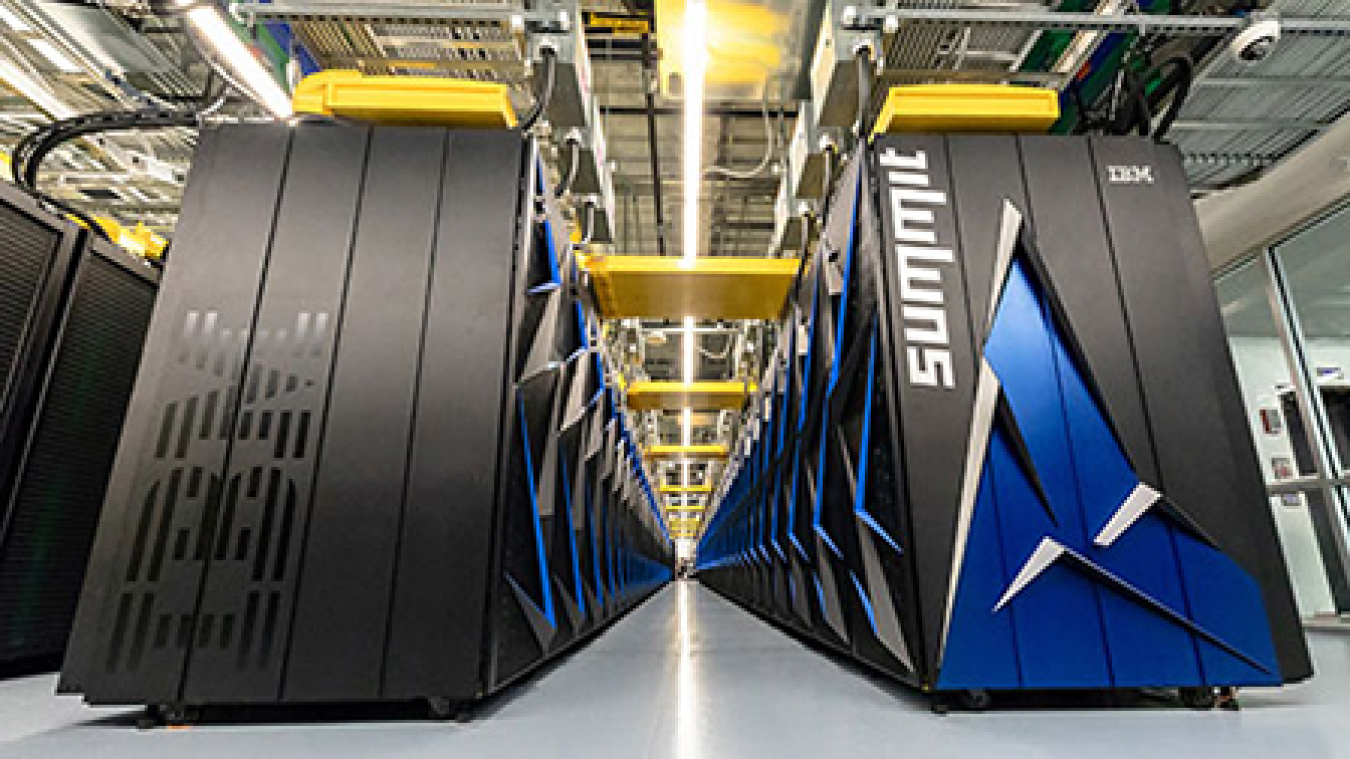
Read Under Secretary for Science Paul Dabbar's recent column, "Running with the Speed of Science in the Race Against COVID-19" about the astounding amount of progress being made at our national labs in the fight against the virus.

Researchers at Lawrence Berkeley National Lab are using AI to increase the accuracy of CT Scans for use in the diagnosis of COVID-19.

The drivers of NASA's Curiosity Mars Rover need your help! Visit NASA's AI4Mars website to learn how you can help train the algorithm that classifies different features of the terrain on the Red Planet.

We have all heard that artificial intelligence is used to create voice-activated assistants like Alexa or Google Home, self-driving cars, and drone delivery programs. But, we bet you didn’t know that AI is also used to make fossil energy technologies more efficient.

Careers in AI
Learn why Sakshi Mishra loves her job as an artificial intelligence researcher at the National Renewable Energy Laboratory finding climate solutions.

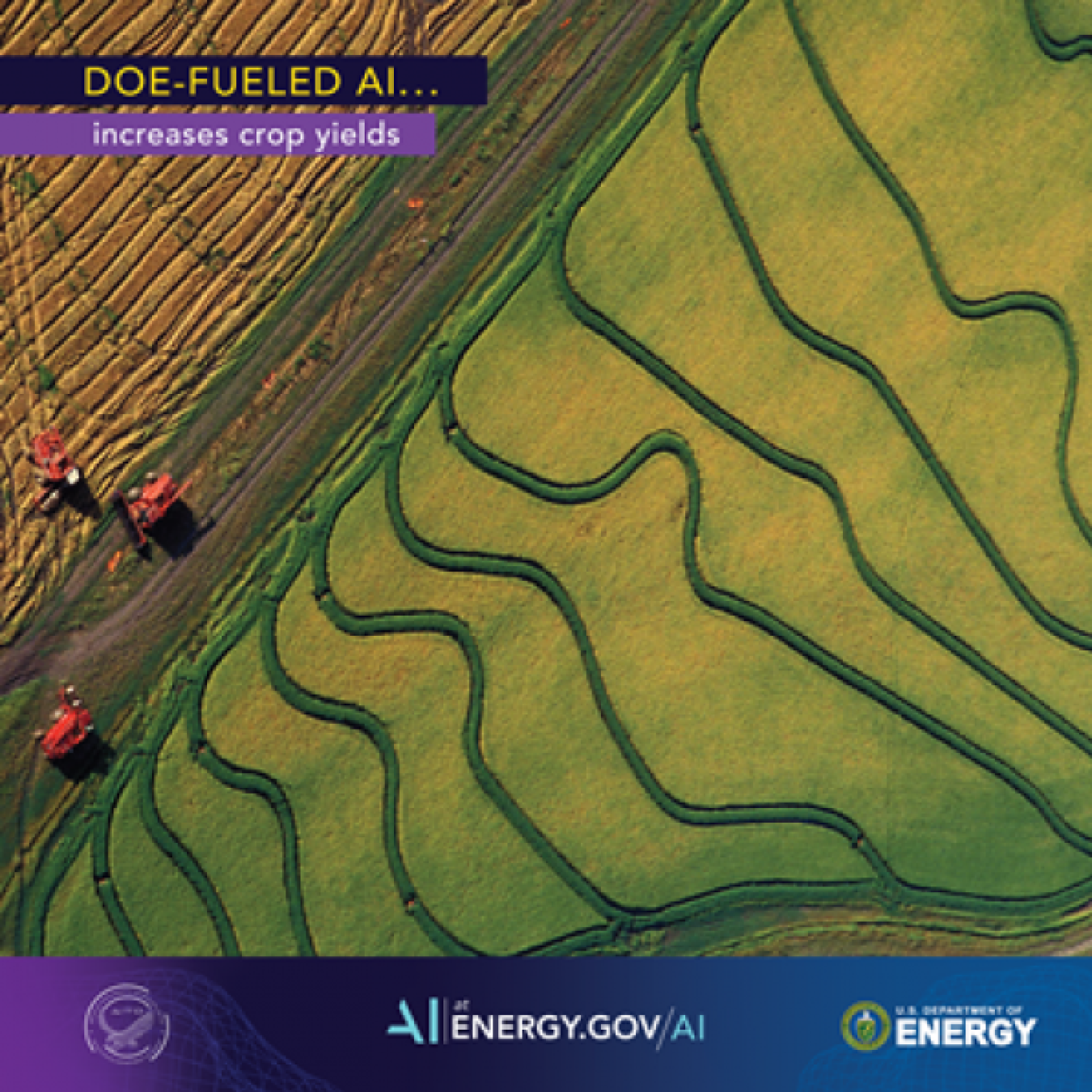
National lab scientists partnering with academia and private farms are bringing together molecular biology, biogeochemistry, environmental sensing technologies, and machine learning to revolutionize agriculture and create sustainable farming practices. By reducing the need for chemical fertilizers and enhancing soil carbon uptake, we can improve long-term viability of the land while increasing crop yields and better using limited resources.

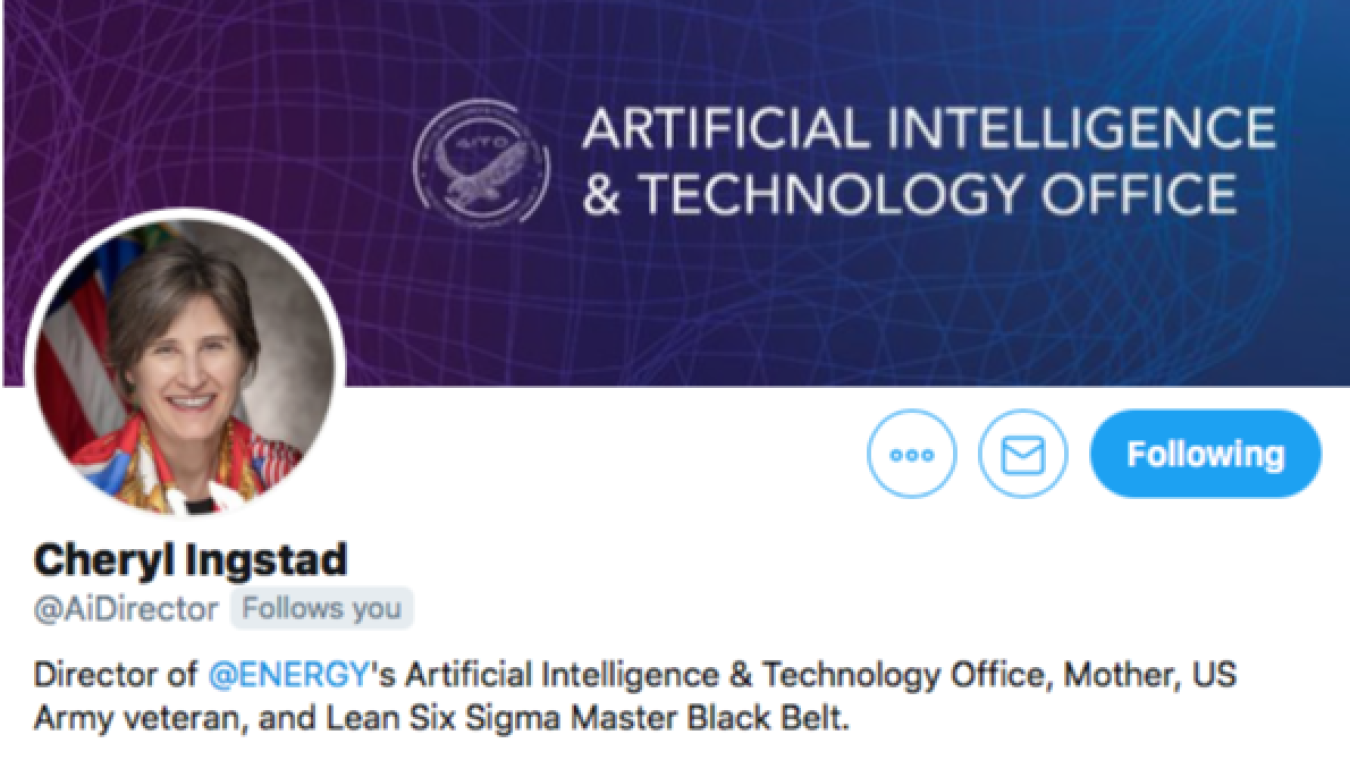
Excited to announce our first #RFI -- Goal is to help identify and focus efforts on sector-specific #AI advancements that support American leadership in this critical technology. @Nextgov
Energy Explores the Potential of an Artificial Intelligence Grand Challenge



